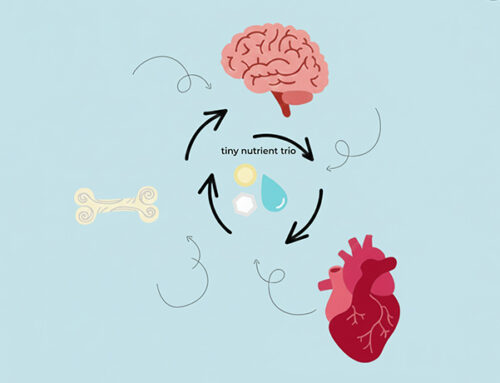The gut microbiome has emerged as a critical regulator of human physiology and health. New studies have shown how changes in microbiome composition and diversity are associated with the development of metabolic diseases.
Now, the largest microbiome study,-American Gut Project- which collected microbiome data from over 10,000 people from all over the world published some very insightful information. The microbiome and metabolomics data from these participants were correlated to their lifestyle, diet and general health. The three primary readouts from this observational studies were:
- Participants who ate a diversified plant type per week (≥30) displayed a significantly greater bacterial diversity than those who ate a limited variety (≤10). Further, bacterial diversity was present whether they were a meat-eater or a vegan, as long as they consumed diversified plant types.
- As expected consumption of antibiotics resulted in a less diverse bacterial population. Participants who ate diversified plant varieties had less antibiotic-resistant genes than those who consumed fewer types of plant foods
- People with neurological health conditions, including depression, schizophrenia, PTSD or bipolar, had similar gut bacteria signature.
The results underscore the fact that a diversified diet with a variety of fruits, vegetables, and plant proteins ‘is a must for a balanced gut microbiome and for overall health and wellbeing.
American Gut Project study is an ongoing study and in future, we can expect a lot of valuable information on the role of diet, lifestyle or medications on the microbiome, and thereby on human health.




